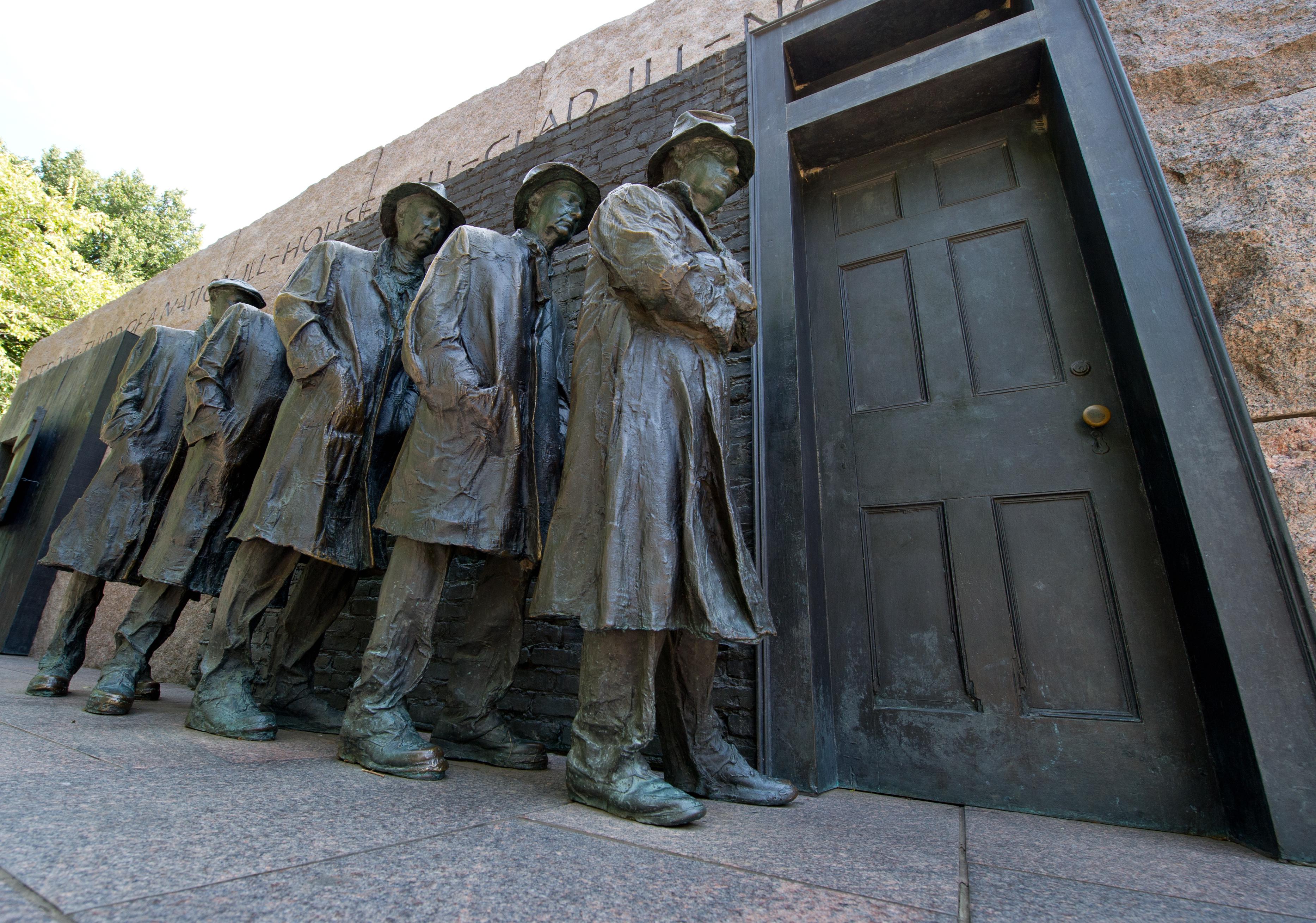From the Great Depression on, the conventional wisdom has been that U.S. public support for government involvement in the economy moves in concert with the state of the economy.
As sociologists Clem Brooks of Indiana University and Jeff Manza of New York University explain in a paper just published in the American Sociological Review, for most of the 20th and early 21st century, the pattern has been that “citizens prefer less spending and regulation in times of prosperity, but they turn away from unregulated markets and demand more government in times of economic down-turn and rising unemployment.”
But in the 2008–2010 recession, exactly the opposite happened. “Rather than the recession stimulating new public demands for government, Americans gravitated toward lower support for government responsibility for social and economic problems,” they write.
In their provocatively titled paper, “A Broken Public? Americans’ Responses to the Great Recession,” the authors address several possible explanations, before concluding that the key is partisan polarization, particularly among staunch conservatives:
Rather than moving in parallel to one another, government attitude trends among partisan groups show considerable divergence, even polarization, over time. Most notably, we find the greatest degree of group divergence from 2008 to 2010. Strong Democratic identifiers, for instance, moved toward slightly higher levels of support for government responsibility, and strong Republican identifiers moved much faster in the opposite direction.
What are the consequences of this new trend? Well, it’s just possible that a public operating under these conditions might end up electing representatives willing to shut the government down over opposition to a new government program.
